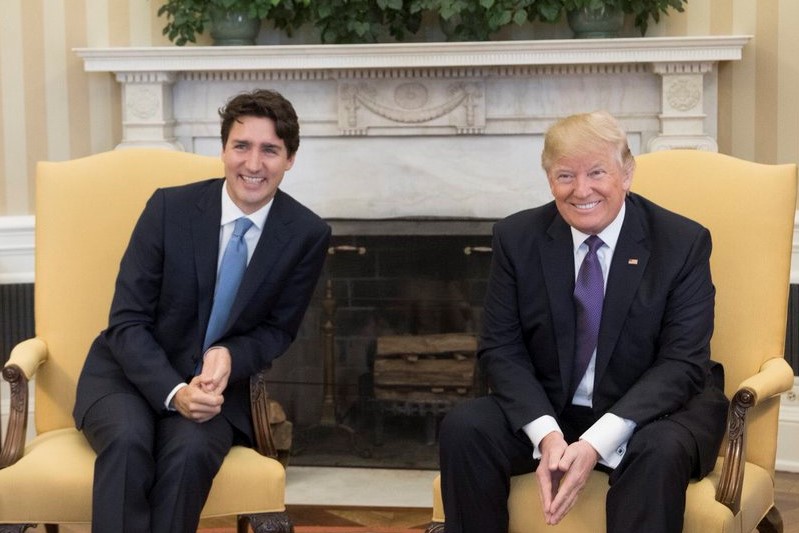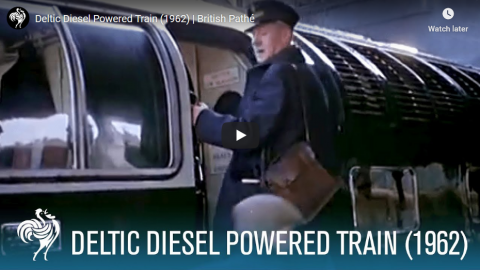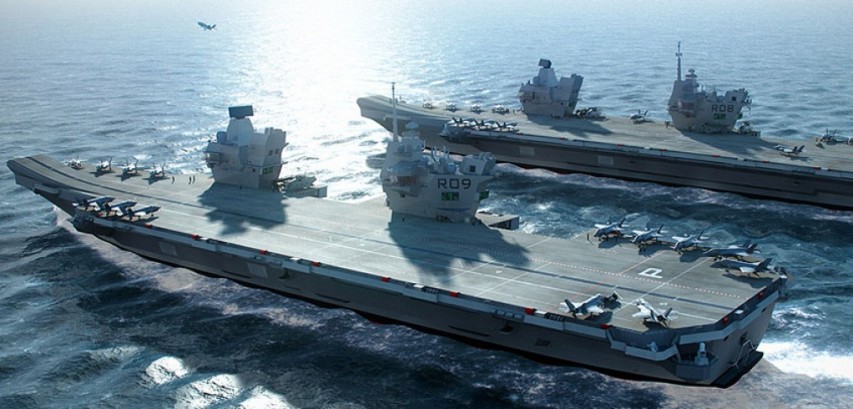British Pathé
Published 13 Apr 2014Catch a glimpse of Finsbury Park and Kings Cross station back in the day in this remarkable footage of diesel powered trains in 1962.
For Archive Licensing Enquiries Visit: https://goo.gl/W4hZBv
Explore Our Online Channel For FULL Documentaries, Fascinating Interviews & Classic Movies: https://goo.gl/7dVe8r#BritishPathé #History #London #KingsCross #FinsburyPark #Trains
(FILM ID:165.08)
Finsbury Park and Kings Cross, London.
L/S of a row of steam train engines on a set of tracks, M/S of steam coming out of the engine. M/S of the driver and fireman in overalls climbing down from the cabin of the engine. M/S of a diesel train in a station, two staff climb into the train, they are a lot cleaner than the steam men.
Interior of the engine, one of the men turns a couple of taps before the journey. C/U of a set of gauges, C/U of another part of the engine. M/S of the driver washing his hands, he closes the folding washbasin and dries his hands. C/U of the sign ‘Max. Speed 100 M.P.H.’ M/S of the driver pouring water from a kettle into a coffee pot. He places the pot on a hot plate and sits down. C/U of his feet on the footrest. M/S of the train pulling out of Kings Cross Station. M/S from the driver’s viewpoint as the train comes out of a tunnel. M/S of two shafts rotating in the engine. M/S of the driver in the cabin, M/S from his viewpoint as the train travels down the track. M/S as the train passes through a station. Various shots of the train and driver, and various point of view shots from inside the cabin of the track as it speeds along. C/U of the speed dials. M/S from the point of view of the driver as the train speeds down the track under bridges and past a steam train going in the opposite direction.
BRITISH PATHÉ’S STORY
Before television, people came to movie theatres to watch the news. British Pathé was at the forefront of cinematic journalism, blending information with entertainment to popular effect. Over the course of a century, it documented everything from major armed conflicts and seismic political crises to the curious hobbies and eccentric lives of ordinary people. If it happened, British Pathé filmed it.Now considered to be the finest newsreel archive in the world, British Pathé is a treasure trove of 85,000 films unrivalled in their historical and cultural significance.
British Pathé also represents the Reuters historical collection, which includes more than 136,000 items from the news agencies Gaumont Graphic (1910-1932), Empire News Bulletin (1926-1930), British Paramount (1931-1957), and Gaumont British (1934-1959), as well as Visnews content from 1957 to the end of 1984. All footage can be viewed on the British Pathé website. https://www.britishpathe.com/
November 28, 2019
Deltic Diesel Powered Train (1962) | British Pathé
It’s time for the ever-popular Game of Budget Leaksmanship for the British military
Sir Humphrey wants to encourage all defence-minded readers not to panic unduly at the all-too-predictable tactics used by all sides in the next round of British government defence planning:
It’s that time again, a period theoretically seen every five years or so, but occasionally more recently than that. A group of people who it seems cordially loathe each other spend months leaking, shouting, briefing and making grandiose pledges that don’t always get fulfilled. This whole, and at times, unedifying, process is, of course, the latest iteration in a Strategic Defence Review.
The Sunday Times leads with a story today that the Army is facing cuts to its manpower, and that in return they want the Navy to be forced to lease or mothball one of the two Queen Elizabeth class carriers. The article talks about a range of debates going on, and the latest news about what may or may not be scrapped or cut in any future budget settlement. Is this something to worry about, or is it merely the opening salvos in what is likely to be a long and painful campaign of attrition?
Defence reviews are driven from the very centre of Government – they occur usually with the Prime Minister of the day’s blessing, and they are now run centrally – usually via the Cabinet Office, and not by the MOD. This reflects the fact that modern national security requirements means the need to bring all departments together in a consensus and not isolated pockets doing their own thing.
He also provides a helpful list of the specific “the-sky-is-falling!” predictions you can expect to see through all stages of any given defence review process:
What is clear is that the new season of “Game of Planning Rounds” has begun. We can expect plenty more leaks like this to a variety of sources and papers which will be intended to achieve effect. If past performance is anything to go by, you can expect to see a “greatest hits” collection of some variants of the following options leaked in the next 12-18 months:
a. Parachute regiment to merge with Royal Marines
b. White elephant carriers are all to blame
c. The nasty MOD civil service did it …
d. SAS to merge with SBS
e. RAF to take control of all F35 and scrap FAA
f. Army has more horses than tanks
g. Army to no longer have enough troops to deploy a Division
h. Cranwell, Sandhurst and Dartmouth to close / merge in one location
i. RN to scrap X number of frigates or other ships
j. Naval Infantry Division to return …
k. Army to scrap Y number of tanks
l. RAF to dispose of Z aircraft fleetsAll of these have appeared in the past, but how many of them actually happened or were true? The above links are just a snapshot in time (based on a quick google) but demonstrate that in the build up to a review, we’ll see a lot more articles like this one (which predicted cuts, many of which never happened) and a lot of rumours, angst and predictions.
Humphreys honest advice is simple – DON’T PANIC! Until the review is finalised, and has gone to the Prime Minister of the day for approval, nothing is set in stone. There will be leaks aplenty, rumours aplenty and very little in the way of actionable outcomes. Until the final package of measures is approved, everything is to play for, and anything can happen. It is just not worth getting worked up about because unless you are on the inside track as part of the Review team, you don’t know what is going on.
The ENTIRE History of NFL Thanksgiving!
NFL Throwback
Published 25 Nov 2019Check out the evolution of NFL games!
#NFL100
The NFL Throwback is your home for all things NFL history.
“The chickens are coming home to roost … but they are, actually, Pierre Trudeau’s chickens”
Ted Campbell looks at Justin Trudeau’s plight — needing to focus on policies that will increase his party’s chances of winning more seats in Quebec — with increasing demands from south of the border to get the Canadian commitment to higher military spending moved from “aspirational goal” to actual policy:

Justin Trudeau meets with President Donald Trump at the White House, 13 February, 2017.
Photo from the Office of the President of the United States via Wikimedia Commons.
Many in the media are saying, and I agree, that Justin Trudeau’s agenda for the next couple of years is about 99.9% domestic and focused, mainly, gaining seats in on Québec and holding on, at least, in Atlantic Canada and in urban and suburban Ontario and British Columbia. The overarching aim ~ the ONLY aim ~ of this government is to be re-elected with a majority.
As I mentioned a week or so ago, Donald J Trump is about to rain all over Justin Trudeau’s parade.
As Murray Brewster reports, for CBC News,
The Liberal government is facing renewed political pressure from the administration of U.S. President Donald Trump to increase defence spending to meet the benchmark established by NATO [… and …] Robert O’Brien, the new U.S. national security adviser, said it is an “urgent priority” to get allies across the board to set aside military budgets that are equal to two per cent of the individual country’s gross domestic product [… while …] Speaking with journalists at the Halifax International Security Forum on Saturday, O’Brien rattled off a list of the world’s flashpoints, including Iran and Venezuela, as well as traditional adversaries such as Russia and China [… saying …] “There are very serious threats to our freedom and our security [… and adding that …] Canada made a pledge at [the 2014 NATO Summit in] Wales to spend two per cent. We expect our friends and our colleagues to live up to their commitments, and Canada is an honourable country; it’s a great country.”
Note the choice of words by Mr O’Brien, who is “a lawyer and former U.S. State Department hostage negotiator.” He doesn’t say that President Trump and the USA “asks” Canada to keep its word (although the Harper government said that spending 2% of GDP on defence was an “aspirational goal,” rather than a firm commitment) nor did he say something like “the US hopes Canada will change its ways and spend more on defence.” He said that Donald Trump’s America “expects” Canada to live up to its “pledge.” As I mentioned before, when President Trump negotiates with friends and allies he usually has both fists in the air and his knuckles are often reinforced with unfair trade tariffs and the like. Right now he is, for example, asking Japan and South Korea to pay much, much more to support American forces in their countries because, in his mind, he (America) is providing a “service” which is all for the Asians and is not, in any way, in America’s self-interest and, therefore, he wants to be reimbursed. It’s a very Trumpian notion. I am sure he sees NATO and NORAD in very much the same light.
[…]
The issue that worries some analysts is that while Canada is, in the final analysis, protected by the US because it is in America’s best interests to protect us, NATO provides a useful counter-balance and, in effect, helps us to at least pretend to be a little less than just another American colony. And that, having the status of being little better than a US colony, is what Pierre Trudeau willed upon Canada in the late 1960s and early 1970s when he wanted to leave NATO, entirely and saddled Canada with his, juvenile, nonsensical, neo-isolationist “Foreign Policy For Canadians” white paper in 1970. Although Brian Mulroney wanted Canada to be independent – think standing up to President Reagan and Prime Minister Thatcher on South Africa – and Stephen Harper did, too, the cumulative impact of Trudeau-Chrétien-Trudeau for 30 of the last 50 years has been too much to change. When our political leaders don’t care about Canada being a leader amongst the nations and don’t, in fact, even care about Canada being a truly sovereign state then we will sink, inevitably, into the status of an American colony.
10 Quick Woodworking Tips | Paul Sellers
Paul Sellers
Published 22 Oct 2019To celebrate a year of “Tuesday Tips” on Paul’s Instagram stories, Paul has picked his top 10 quick woodworking tips to share with you.
Every Tuesday Paul uploads a quick 15 second “Tuesday Tip” to his Instagram stories. You can join Paul on Instagram here: https://www.instagram.com/paul.a.j.se…
If you want to view his past “Tuesday Tips”, you can view his Instagram Story Highlight here:
https://www.instagram.com/stories/hig…——————-
Want to learn more about woodworking?
https://woodworkingmasterclasses.com for weekly project episodes
https://commonwoodworking.com for step-by-step beginner guides and courses
https://paulsellers.com/ for Paul’s latest ventures on his blog
QotD: The native view of the Pilgrims
Shorter than the natives, oddly dressed, and often unbearably dirty, the pallid foreigners had peculiar blue eyes that peeped out of the masks of bristly, animal-like hair that encased their faces. They were irritatingly garrulous, prone to fits of chicanery, and often surprisingly incompetent at what seemed to Indians like basic tasks. But they also made useful and beautiful goods — copper kettles, glittering colored glass, and steel knives and hatchets — unlike anything else in New England. Moreover they would exchange these valuable items for cheap furs of a sort used by Indians as blankets. It was like happening upon a dingy kiosk that would swap fancy electronic goods for customers’ used socks — almost anyone would be willing to overlook the shopkeeper’s peculiarities.
Charles Mann, 1491: New Revelations of the Americas Before Columbus, 2006.







